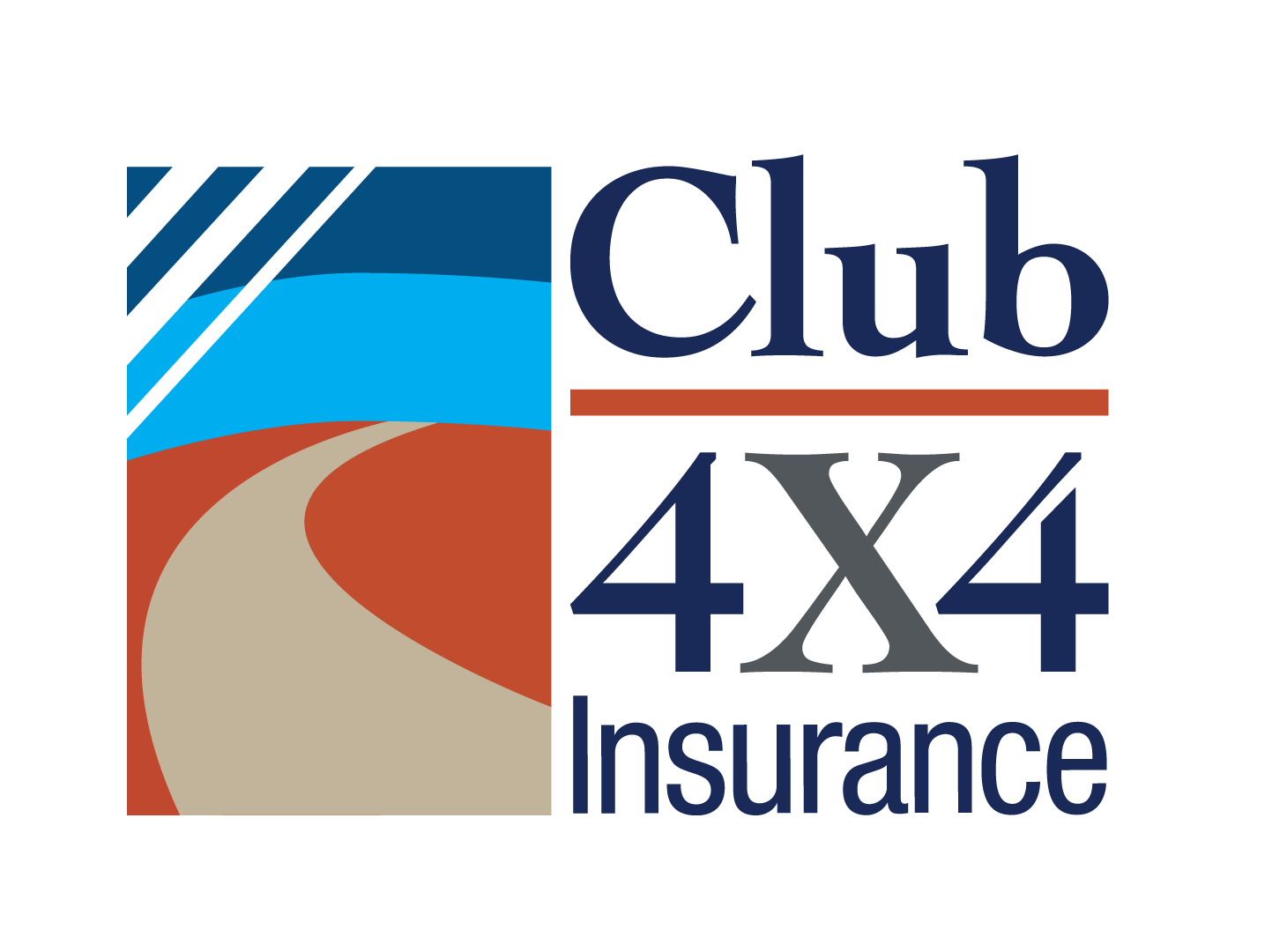The silver lining of the COVID-19 pandemic is that more and more Australians are taking the time to enjoy what is right under our noses. Thankfully this has also meant that more and more are investing what they may have spent in overseas holidays into these adventures. The positive effects of this behaviour are massive for the country. Think about it, more people buying products related to touring; think 4×4’s, accessories, trailers and more. Then, they are going out and touring our amazing countryside, contributing to regional towns and areas along the way.

Who doesn’t love getting away from it all? And doesn’t a Camper Trailer make it comfortable while still keeping remote destinations accessible?
One area that is really outperforming is the Recreational Vehicle segment. Sales of trailers are up significantly, with very long wait times for delivery where people buy new. Ensuring you have the right insurance coverage is never more important, so here are a few tips you should consider in making your decisions.

We certainly pack a lot of stuff into our Camper Trailers!
Where are you covered?

If you’ve got an off-road Camper Trailer, it makes sense to have it covered off-road right?

Does your insurer count this as ‘off-road’? And will they cover it?
Think about your trailer, is it designed to go off-road or on-road? Are you towing it with a 4X4 capable vehicle and intend to tour off the blacktop (yes silly question I know)? If the answer to the last question is yes, do you have coverage that will allow you to claim where you intend to drive or camp? Off-road touring is mud, rock, snow, sand, water, private property, national parks, non-gazetted roads and everything in between. The last thing you want is to find out that your expensive trailer is not covered where you choose to take it after you need to claim, or that there is a special excess to pay. It pays to shop around and ask very specific questions
How much are you covered for?
Many insurer will offer an Agreed Value or a market value for your trailer, but what about where you’ve made changes? Added a gas hot water unit? Added an extra battery, upgraded solar panel, or charging system? Upgraded your suspension or added electric brakes? These are all quite common things we do, but can you get coverage for the investment you made in these items? It’s important to understand if your insurer covers you for those modifications and accessories too.

What if you’ve upgraded the electrical system?

Or added an Awning or Annexe, or an extra room?
Do you have a choice of who repairs your trailer?
Some of these trailers are quite specialised, so do you have the opportunity to nominate who does the work? Remember that what you’ve paid for is for your asset to either be replaced, paid out, or repaired. If you fall into the latter, it pays to know that you can choose who you want to do the work to ensure the repairs are done to a standard.
Do you get a benefit for combining your insurance?
So you can’t move a trailer without a tow rig, right? So do you get a benefit for combining both of these together? Does it just make sense to combine two complementary assets on one policy? The benefit can be financial but it also means you can answer the questions posed in point 1 above also!

Do you get a benefit from combining insurance for your 4X4 and trailer? And are they covered in the same places?
Do you pay for a tow if your tow rig gets damaged?
A big one to consider when towing a trailer is who would pick up the tab for towing if your tow-rig broke down or was damaged, but your trailer was fine. Let that thought sink in. There are some policies on the market that have a towing benefit connected to the trailer policy which may be just the ticket!
Owning and using a trailer can be a really rewarding way to get out into the bush and enjoy the countryside, but you need to ensure you’re well prepared to do it safely. But if the worst were to happen, you’d want to know you have the best available cover for your needs.
If you’re not sure, give us a call and we will gladly run you through a quote
Kal



